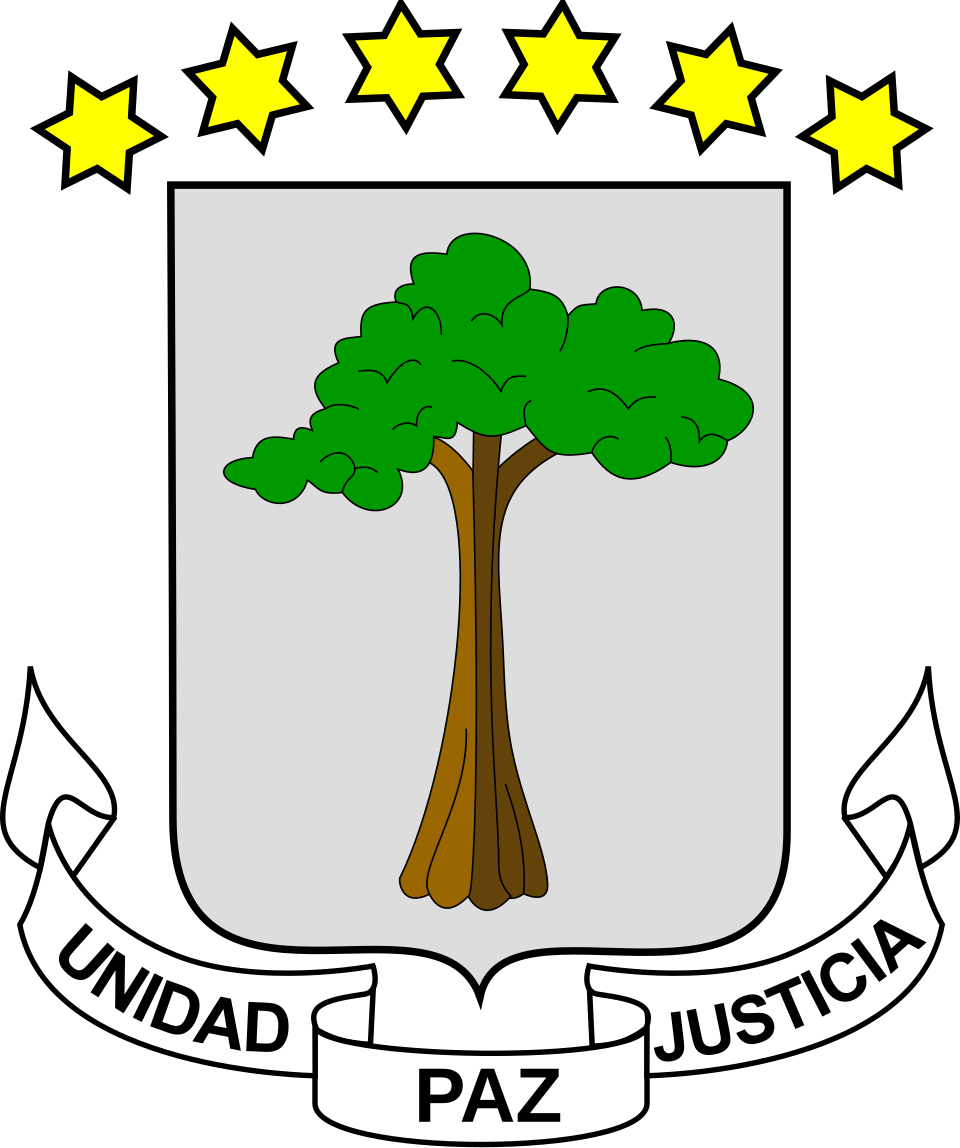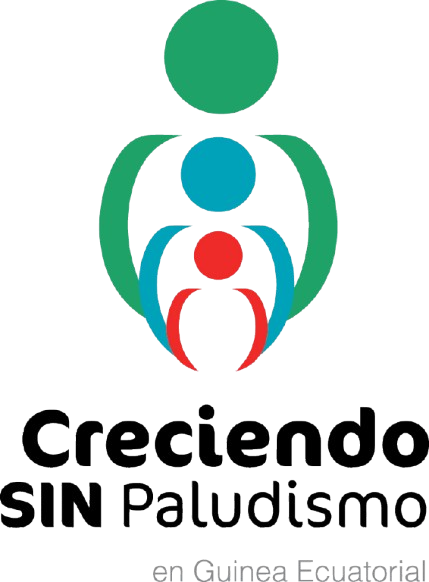- Equatorial Guinea
- Collaborators and Partners
- UCMI Work in Equatorial Guinea

Equatorial Guinea (EG) is located on the west coast of Central Africa, bordered by Cameroon to the north and Gabon to the south and east. The country consists of a mainland region, Rio Muni, and several islands, the largest of which is Bioko, situated in the Gulf of Guinea about 40 kilometers off the coast of Cameroon. Bioko is home to the capital city, Malabo, and holds a significant portion of the nation’s population of -1.7 million. Equatorial Guinea was a former Spanish colony and achieved independence in 1968. It is the only Spanish-speaking country in Africa.
Malaria is endemic to Equatorial Guinea and transmission occurs year-round, particularly on Bioko Island and the mainland. The country has achieved significant results in their efforts to eliminate malaria through their partnership with the Bioko Island Malaria Elimination Project (BIMEP) and the National Malaria Control Program. However, malaria remains a major public health concern, and incidence continues to pose a significant risk, especially in rural and under-resourced areas.
Equatorial Guinea is committed to eliminating malaria nationwide by 2030. Building on more than 20 years of progress through the Bioko Island Malaria Elimination Project (BIMEP), the country has made significant strides with a combination of proven malaria control strategies, including integrated vector control interventions, case management and diagnostics, surveillance, and community engagement.
H.E. Teodoro Nguema Obiang Mangue, Vice President of Equatorial Guinea, has approved the establishment of an International Coalition for Malaria Elimination. Guided by the Ministry of Health, Equatorial Guinea will now apply successful strategies from BIMEP to the entire country. This approach blends established interventions with innovative new tools, such as genetically modified mosquitoes.
Equatorial Guinea’s unique mix of island and mainland regions, each with distinct malaria transmission patterns, provides an opportunity to implement and strengthen integrated malaria elimination strategies. Success in this context will provide important lessons for other countries facing similar geographical and epidemiological challenges.
UCMI is also pleased to join the government of Equatorial Guinea’s newly-established Technical Advisory Group for Malaria Elimination, comprised of leading global experts on malaria elimination. The Technical Advisory Group will provide independent, evidence-based guidance and oversight to the Ministry of Health, Social Welfare and Health Infrastructure on all aspects of malaria elimination strategies, with particular focus on integration of innovation, regulatory oversight, ethical guidance, scientific excellence, and regional impact.
The University of California Malaria Initiative (UCMI) is pleased that the Republic of Equatorial Guinea has invited us to work as a partner in their vision for malaria elimination.
This partnership is the result of more than three years of consultations initiated by the Ministry of Health of Equatorial Guinea as it planned for the next phase of its malaria elimination strategy.
UCMI will be part of a comprehensive approach to malaria elimination in Equatorial Guinea, which will include traditional interventions alongside cutting-edge scientific innovation. UCMI will work in direct partnership with the Ministry of Health, National Malaria Control Program, BIMEP and MCD Global to co-develop all phases of research, community and stakeholder engagement, and the implementation strategy required for application of the UCMI technology.
This effort will leverage UCMI’s experience in developing advanced malaria control tools and strategies, ensuring that Equatorial Guinea benefits from the latest scientific developments and best practices. This includes the careful integration of new technologies guided by rigorous oversight and ethical standards.
UCMI will implement this work in partnership with MCD Global Health, which has operated the award-winning Bioko Island Malaria Elimination Project (BIMEP) in Equatorial Guinea since 2004, achieving up to 78% reduction in malaria prevalence among children. This collaboration combines UCMI’s technical expertise with MCD’s established infrastructure and two decades of proven results.
Through this collaboration, Equatorial Guinea will serve as a model for malaria elimination in Africa, demonstrating how the deployment of a robust combination of tools – including the most innovative science – and strong partnerships can deliver results.




